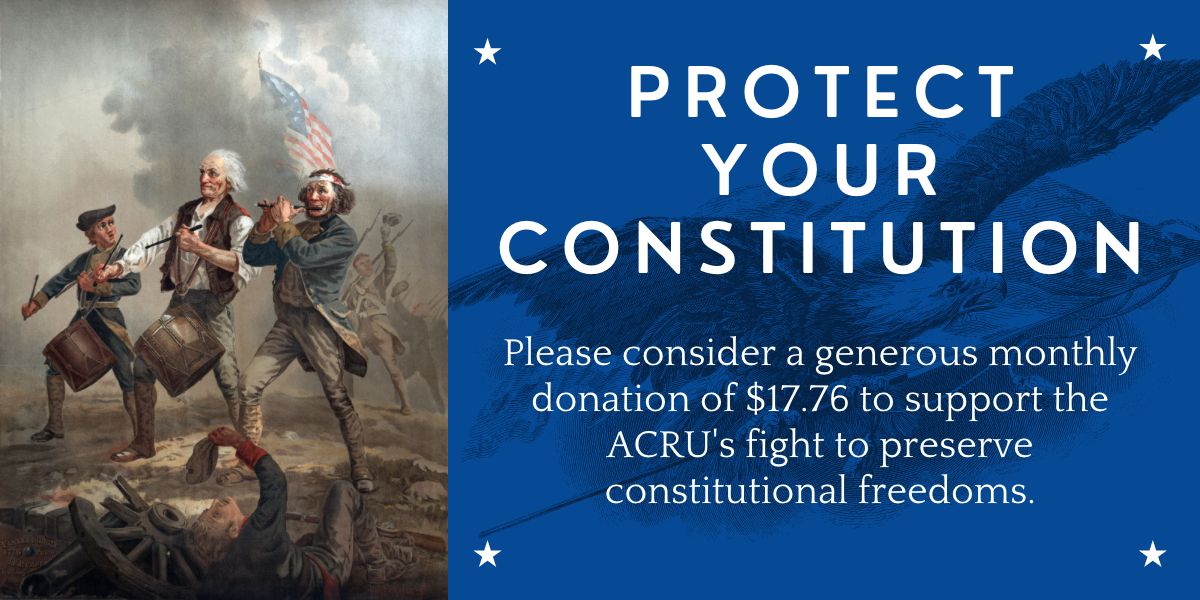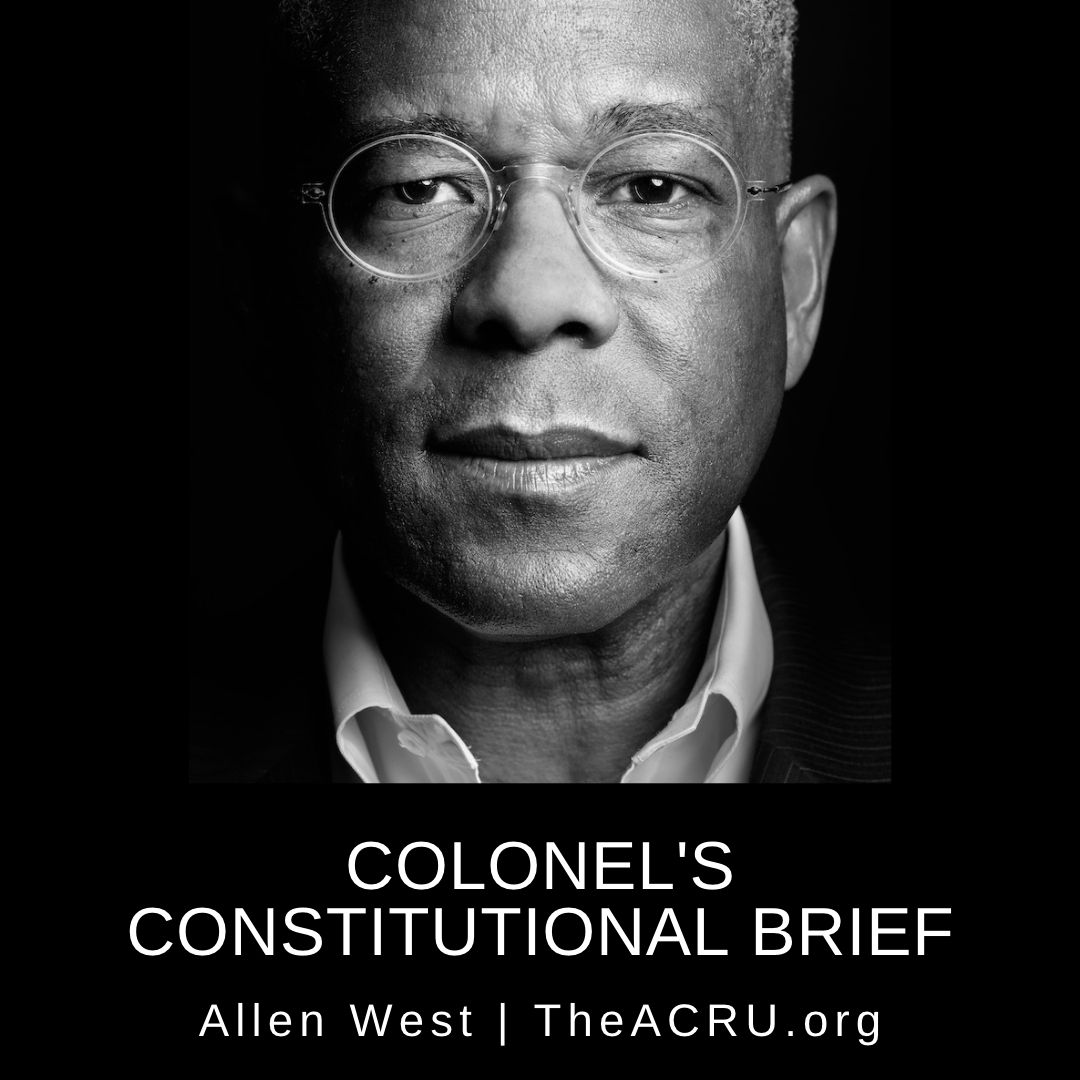List of Denials from Review Requests at Supreme Court Is 66 Pages Long
ACRU Staff
October 3, 2017
This column by ACRU General Counsel Ken Klukowski was published October 2, 2017 by Breitbart.
WASHINGTON, D.C. — The Supreme Court on Monday issued orders denying review in well over 1,000 cases that had been petitioned for the justices to take up over the past three months. The list is 66 pages long, including some cases people may find interesting.
Among the cases that the Court will not consider are:
Snyder v. Does #1—5, where the U.S. Court of Appeals for the Sixth Circuit struck down Michigan’s sex-offender-registry law as an unconstitutional ex post facto law.
Elonis v. United States, asking when an online rant becomes a threat that violates federal law, challenged on both statutory grounds under 18 U.S.C. § 875(c), and constitutional grounds as well. The Supreme Court decided one of the issues in this case in 2015, and this follow-up petition asked whether a court must consider how a “reasonable listener” would regard the threatening language.
Cohen v. Sessions, asking whether a person transporting medical marijuana has standing under Article III of the Constitution to obtain a declaratory judgment from a federal court determining whether he could face criminal prosecution.
DeVries v. Regents of the University of California, asking whether federal law at 8 U.S.C. § 1621(d) blocks a state from giving illegal aliens welfare benefits unless there is a state law that explicitly declares that illegal aliens are eligible for those benefits.
Cricket Store 17 v. City of Columbia, considering whether a city’s regulation of sexually oriented businesses violates the First Amendment’s Free Speech Clause.
Syzmanski v. Wailea Resort Co., which examined if the Fourteenth Amendment’s Due Process Clause invalidates a state court decision where the judge failed to disclose a financial interest.
Abeles v. Metropolitan Washington Airports Authority, challenging under Title VII an employee’s getting suspended from a job for taking off a Jewish holiday without going through certain processing requirements that had not previously been enforced.
M.C. v. C.M., whether a surrogate mother challenged a legal decision removing children from her without any determination of her fitness as a mother or the best interests of the children, claiming this action violated the Fourteenth Amendment’s Due Process Clause and Equal Protection Clause.
Dierlam v. Trump, in which the petitioner claimed that Obamacare’s individual mandate violated the Religious Freedom Restoration Act (RFRA) because the petitioner religiously objected to paying for coverage for abortions.
The Supreme Court’s decision not to review a case is in no way a reflection the legal merits of the case’s claim. Many issues presented by cases denied review show up in future cases that the Court accepts. With rare exceptions, the reason for denying a specific case never becomes public.
The justices will decide close to 80 cases over the next nine months.
JOIN ACRU's PATRIOT CLUB






